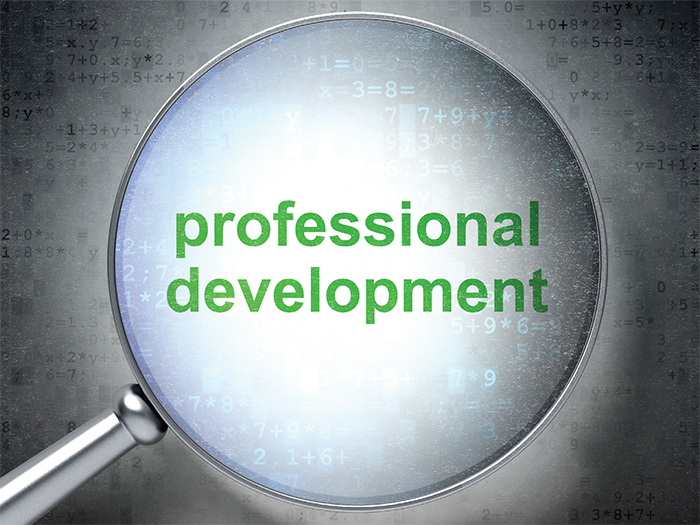CPD: how do you do yours?
In Opinion
Follow this topic
Bookmark
Record learning outcomes
Keeping a continuing professional development (CPD) record is mandatory for all pharmacy professionals. Joanne Taylor explores how best to manage it
I recently had a conversation with another pharmacy professional who asked: “How do you keep up with your CPD?” I log a CPD entry every month and then, at the end of the year, I have at least 12 entries. This enables me to choose which ones I submit to the GPhC for review when the time comes.

After I’d answered, I thought about what I’d said and wondered if that’s what they’d really wanted to hear. It seems that there are still lots of newly registered pharmacy professionals, as well as those who have been registered for some time, who find it a challenge to think about what learning they can actually use towards their CPD, and it seems that there are many professionals who struggle to log it as they go along.
When it became mandatory to keep a CPD record, many moons ago, I gave a presentation to local pharmacy technicians on ideas for getting their CPD. The question posed to me earlier this week has been an opportunity to revise these ideas.
So, what does CPD actually mean?
- Continuing – ongoing, lifelong
- Professional – to do with our work
- Development – change for the better.
Continuing education (CE) is the traditional method of learning – for example, going to workshops or attending training days and courses. This will be a part of your CPD, but the great thing about CPD is that less formal learning can be included too.
We all need to reflect on our everyday practice to be able to identify our learning needs. We can do this by answering questions from our colleagues or patients; listening to feedback; being self critical and examining our own knowledge and skills gaps; analysing important incidents/events, and looking at local and national policies, priorities, syllabuses and competency frameworks.
Having identified your learning need, you should plan how you will attempt to achieve it. This can include, but is not limited to:
- Undertaking formal qualifications
- Taking part in research, open learning, e-learning, short courses and seminars and conferences
- Reading/writing reports and articles
- Work shadowing. This is also a great way to learn a new skill and is underutilised, especially in community pharmacy, where everyone seems to stick with the role they are familiar with.
Once you have achieved your learning, evaluation is the last stage of the cycle. Every CPD entry should have a completed evaluation stage to ensure that the learning was relevant and beneficial to your practice. You’ll need to ask yourself the questions:
- Did I learn what I set out to learn?
- What do I need to do next?
- Has it made a difference to my practice?
Hopefully the answer to these questions will be yes, but you may find you have identified another learning need as a result.
Have fun with your CPD and always share your experiences with others in your team so that everyone can benefit from these learning opportunities.
Joanne is a registered pharmacy technician and ACPT working in community pharmacy. She is national secretary for the Association of Pharmacy Technicians UK (APTUK), and is a member of the Medicines Rebalancing Programme Board at the Department of Health as well as TM’s editorial advisory panel.
